We can't find the internet
Attempting to reconnect
Something went wrong!
Hang in there while we get back on track
Erlang
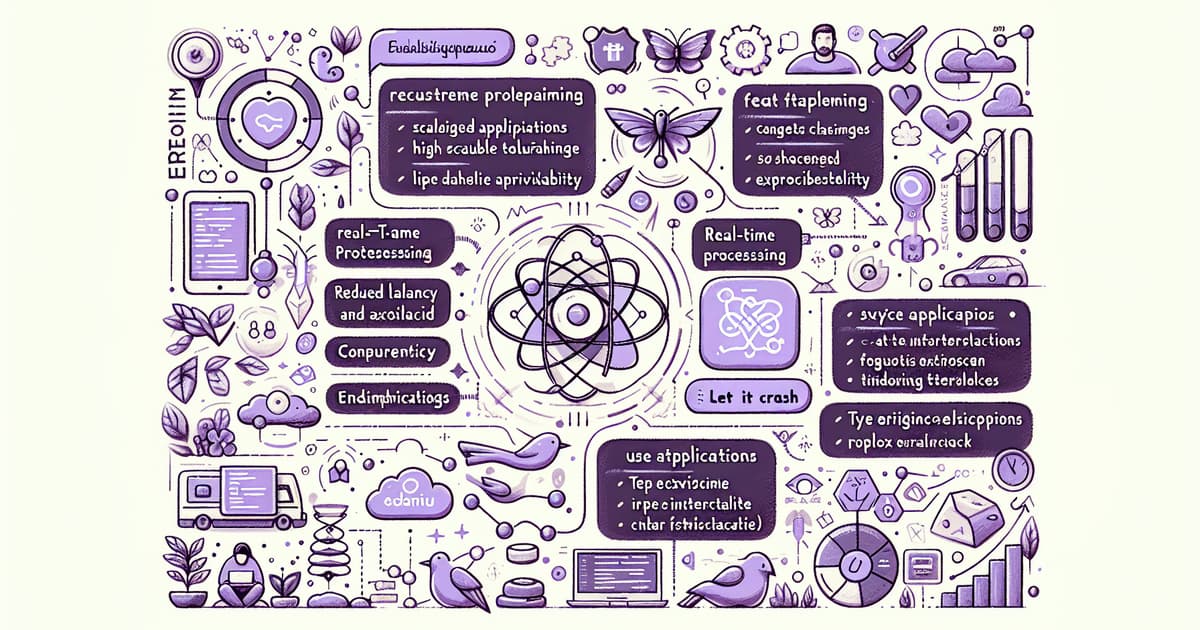
Erlang, a concurrent programming language with a strong emphasis on fault-tolerance and high-availability, forms the foundation upon which the Elixir ecosystem is built. Its underlying runtime, language constructs, and standard libraries empower developers to build scalable applications that excel in environments where uptime and data transport are critical, such as the fintech industry. Renowned for enabling cost savings—significantly reducing server expenses for companies like Pinterest and Bleacher Report—Erlang’s functionalities have been seamlessly integrated into Elixir, providing resilience, real-time processing, and reduced latency for enhanced user experiences.
Experts from the Erlang OTP team at Ericsson continue to expand and refine the language, diving into technical details that ensure Erlang's capabilities are at the cutting edge. Innovations such as Native Implemented Functions (NIFs) and custom libraries like EXGBoost enrich the Elixir landscape, offering powerful extensions for complex, real-world applications. The applicability of Erlang's philosophy, especially the 'let it crash' approach, manifests tangibly in both the creation of the language server solutions for Elixir and in the infrastructure powering globally distributed systems. Elixir’s Phoenix framework, a project thriving on the maturity and stability of Erlang, proves itself time and again as an adaptable platform for web applications, deploying features such as LiveView for real-time interactivity and tailored authentication methods.
Monitoring and diagnostics tools borne from the BEAM runtime offer observability into running systems, making debugging a more streamline process. Tools like Dialyzer promote static code analysis to minimize the introduction of type errors, and the Elixir core team continues to enhance the language with updates for improved performance, like compilation and boot time optimizations. With Erlang infrastructure in use at major tech conferences and implemented in projects from chat applications to health care solutions, its influence reverberates through industries. Further, the exploration of language interop, the use of TDD, the importance of system restart strategies, and the adoption of Elixir in replacing legacy systems all speak to the versatility of Erlang and the BEAM VM. Engagement from key figures such as José Valim and Saša Jurić, alongside contributions from many other developers, ensures the sustained growth and exploration of Erlang's potential in modern software development.
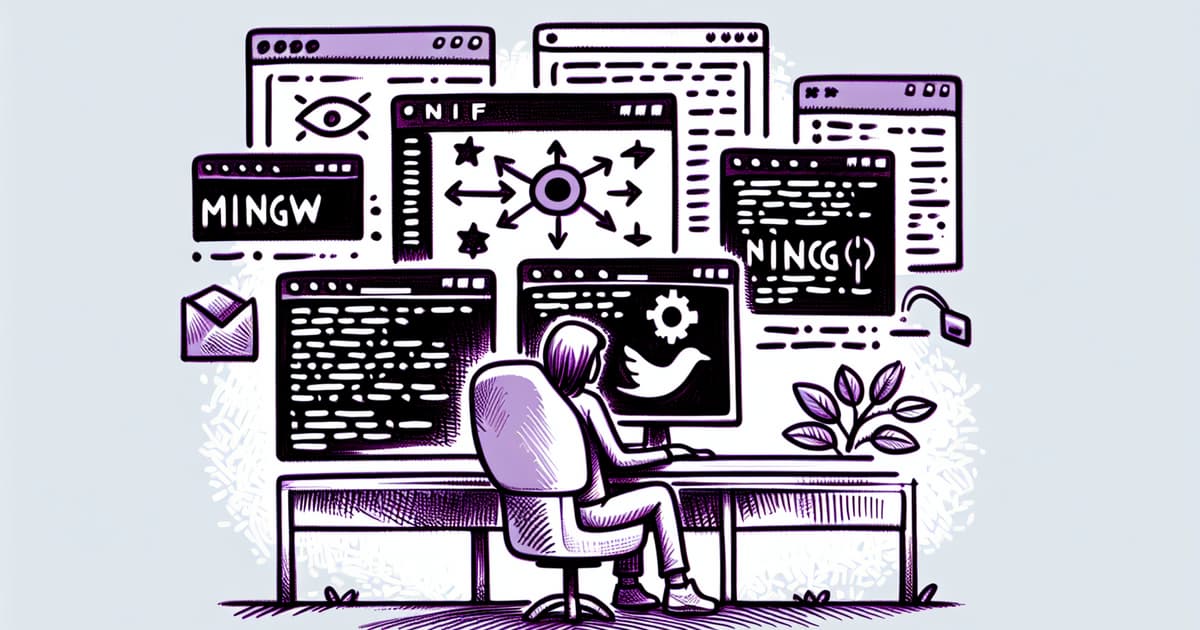
Difficulties in Compiling Elixir NIFs on Windows using mingw
The author, hezwat, shares their experience of failing to compile a Native Implemented Function (NIF) using mingw on Windows, highlighting the challenges faced even with tools designed for ease of use like msys2.
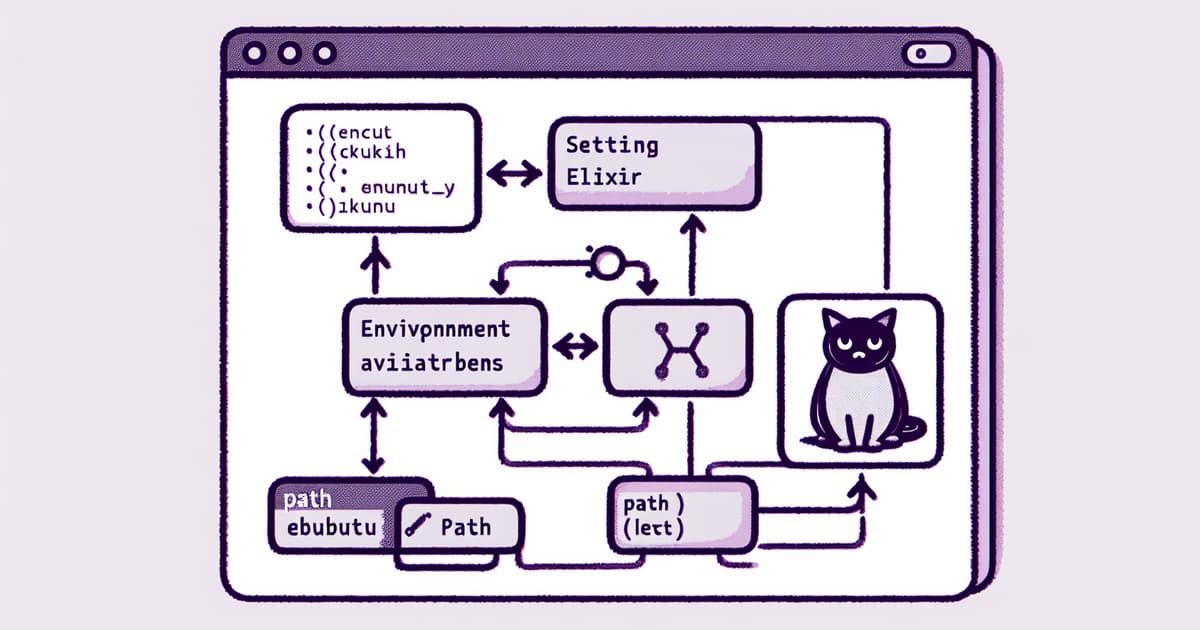
How to Set the PATH for Elixir on Ubuntu
User abiw119 is seeking help with setting the PATH environment variable for Elixir on an Ubuntu system after installation.

Latest Developments and Future Features of Elixir Language
José Valim provides insights into recent updates from the Elixir Core Team, including recent projects, research, and features planned for the next release of Elixir.

Looking for Advanced Elixir Learning Resources
thebrilliot is in search of educational resources to gain a deeper understanding of Elixir's VM, standard tools like Registry, and the BEAM environment.
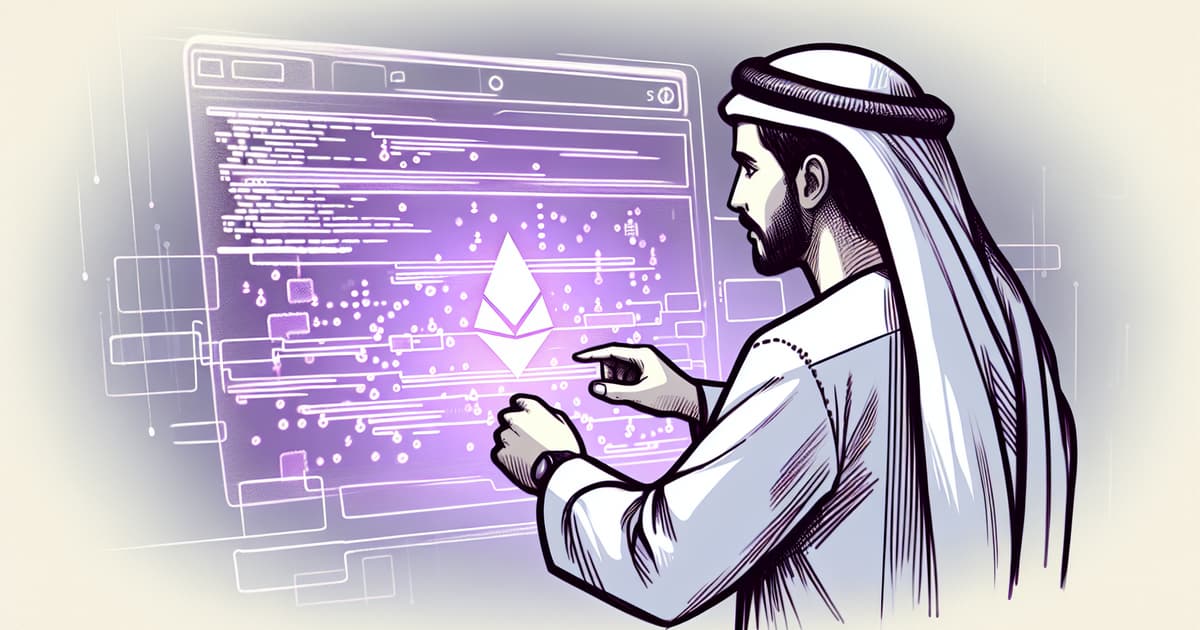
Exploration and Setup Challenges for a NodeJS Developer in Elixir
Redeemefy, a backend engineer experienced with NodeJS, is looking into learning Elixir and expresses difficulty with setting up the development environment, particularly with Visual Studio Code and Neovim. They are inquiring about the support for language server protocol (LSP) extensions and tools for a smoother development experience.

Elixir's suitability for cryptocurrency applications
Oloftlol inquires about the aptness of Elixir for handling many transactions simultaneously in the cryptocurrency space, leveraging its scalability capabilities, and asks whether it's commonly used in this industry.

Summary of the Thinking Elixir Podcast's Year End Review Episode
The Thinking Elixir Podcast hosts a 'Year End Review' episode, looking back at the year's achievements in the Elixir ecosystem, discussing recent updates such as Supabase's Supavisor, a managed Postgres option with Fly.io, and the beta release of LiveView Native.

Understanding Improper Lists in Elixir
doorgan provides an in-depth explanation of how lists work in Elixir, focusing on understanding improper lists.

Benchee 1.3.0: Memory Optimizations and Enhancements
PragTob presents a personal look at the new features and improvements in Benchee 1.3.0, highlighting a significant reduction in memory consumption and efforts to fix past issues.

Clarification on Elixir Mix Run Behavior for IO.puts
Slavjuan is puzzled why the IO.puts command outputs only on the first run of `mix run` and seeks clarification on whether it is a bug or expected behavior.

The Impact of Data Transfer on Performance in Elixir's Task.async
Tobias Pfeiffer discusses the performance implications when using Elixir's Task.async with large data transfers between processes.

Introduction to LiveView Native 0.2.0-beta.1 for Elixir
The video provides an installation and usage guide for LiveView Native 0.2.0-beta.1, highlighting the setup of a new Phoenix LiveView application and the integration of LiveView Native with SwiftUI.

Overview of Elixir 1.15 Version Features and Updates
José Valim announces the release of Elixir v1.15 emphasizing improvements in compilation and boot times, integration with Erlang/OTP logger, and welcoming Jean Klingler to the Elixir Core team.

Erlang's Role in Learning and Using Elixir for Programming
Author hezwat inquires about the necessity of learning Erlang for Elixir programmers and seeks guidance on the learning path to use Elixir professionally.

Leveraging on_mount in Phoenix LiveView to Streamline Code
Herminio Torres discusses how the on_mount/1 callback in Phoenix LiveView can be used to run code prior to the mount/3 function, aiding in code reduction and maintainability.

Understanding Child Specs in Elixir for Supervision Trees
Benjamin Milde explains the concept of child specifications (child specs) in Elixir and how they are used to configure supervision trees.

How to Verify Apple App Store JWTs Using Elixir
Andrea Leopardi provides an insightful guide on how to verify JWT signatures from Apple's App Store using Elixir.

Summary of Elixir v1.14.4 Release Details and User Discussions
Elixir v1.14.4 release includes basic support for Erlang/OTP 26, with an added ':sort_maps' option for 'inspect' to handle changes in map ordering due to OTP updates. The release features enhancements to 'Inspect', 'IEx', and 'Mix', along with various bug fixes.

Discussion on 'Machine Learning in Elixir' Book
Sean Moriarity announces the release of a new book, 'Machine Learning in Elixir,' which aims to educate readers on leveraging Elixir and the Nx library for practical machine learning tasks, including computer vision and natural language processing.

Announcement of Elixir v1.15.0 Release
The Elixir community announced the release of Elixir v1.15.0, which focuses on compilation and boot times improvements.

Discussion on Rethinking Serverless with Elixir using Flame Pattern
Josef Richter introduces a serverless pattern called FLAME, which stands for Fleeting Lambda Application for Modular Execution, in the context of Elixir applications.

Release of Elixir Version 1.15.0-rc.0
Elixir Release News: Elixir v1.15.0-rc.0 is a release that focuses on improving compilation and boot times, and completes integration with Erlang/OTP logger. It requires Erlang/OTP 24 and later.

Elixir Community Reflects on a Decade of Growth
Discussions reflect on ten successful years in the Elixir programming community, highlighting the influential role of Elixir in various projects and personal growth stories.
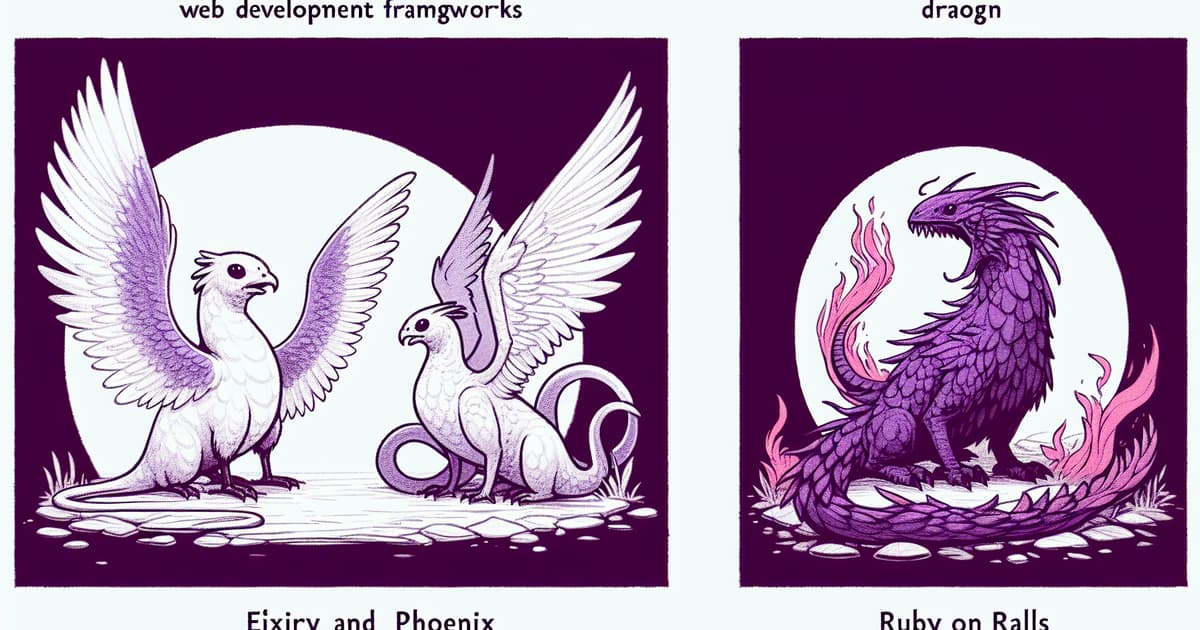
Comparing Web Development with Elixir/Phoenix and Ruby on Rails
In this episode, Owen Bickford and Dan Ivovich delve into the nuances of building web applications with Elixir and Phoenix compared to Ruby on Rails, discussing the pros and cons of each framework.

Understanding the live_session Macro in Phoenix LiveView
Herminio Torres discusses the live_session macro in Phoenix LiveView for organizing authorization rules across different endpoints.
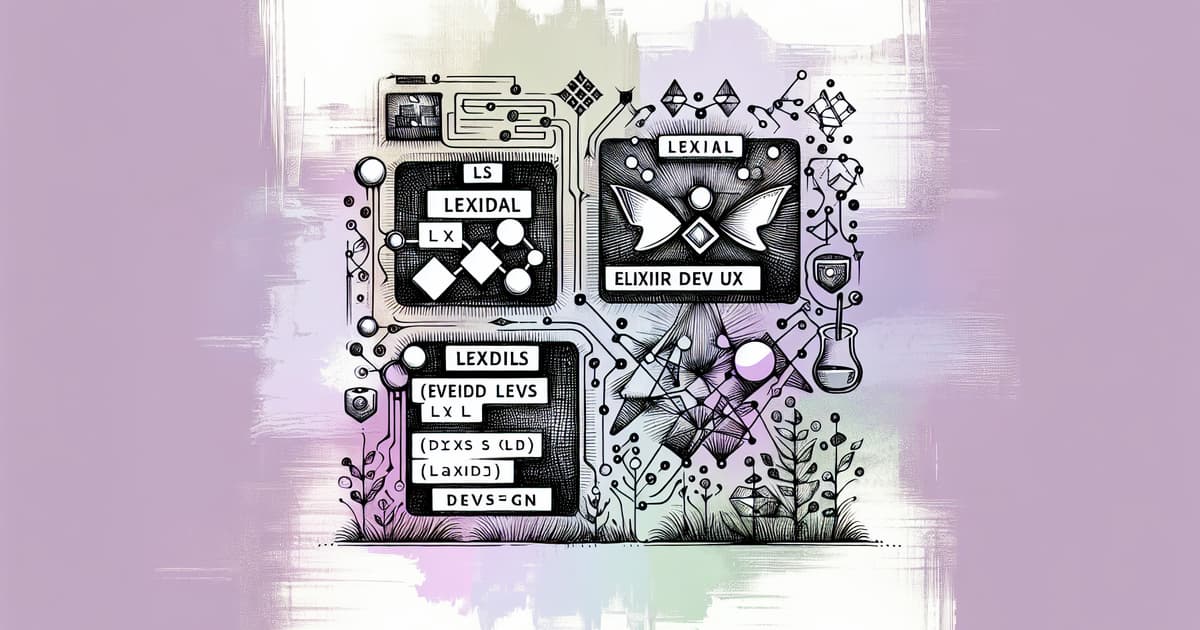
Discussing Lexical LS and Development User Experience in Elixir
In Episode 161 of the Thinking Elixir Podcast, the conversation revolves around Language Servers, particularly focusing on Steve Cohen's project Lexical LS, which aims to provide a new Elixir Language Server solution.

Managing Application Errors and Performance in Elixir with AppSignal
Thijs Cadier, Cofounder and CTO of AppSignal, discusses the tool's features and benefits for monitoring Ruby, Rails, Elixir, and Phoenix applications.

Discussion on Embedded Software Development Using Elixir
Amos King joins hosts Adi Iyengar and Allen Wyma to discuss his work with embedded systems using Elixir and the Nerves project.

In-depth Look at Full-Text and Name Search in Postgres
Peter Ullrich, Senior Elixir Engineer at Remote, joins hosts Allen Wyma and Sascha Wolf on the Elixir Mix podcast to discuss his blog articles on full-text and name search features in Postgres, explaining replacement of Elasticsearch, and the benefits of using these features for Elixir developers.

Discussing Ash Framework in Elixir Applications
Zach Daniel talks about Ash Framework on the Elixir Mix Podcast and its use in Elixir applications.

Interview with Francesco Cesarini on Building a Business and Embracing Elixir
The content features Francesco Cesarini, the Founder & Technical Director at Erlang Solutions, who shares his journey and insights on building his company, adopting Elixir, and the importance of understanding and embracing change in technology.

Building a League of Legends Probuild with Elixir
Baptiste Chaleil discusses his experience creating a Probuild for League of Legends using Elixir, Phoenix, and LiveView technologies.

Understanding Elixir Design Patterns with Sergey Chechaev
Sergey Chechaev discusses the application of design patterns in Elixir, sharing his perspectives as a software developer.
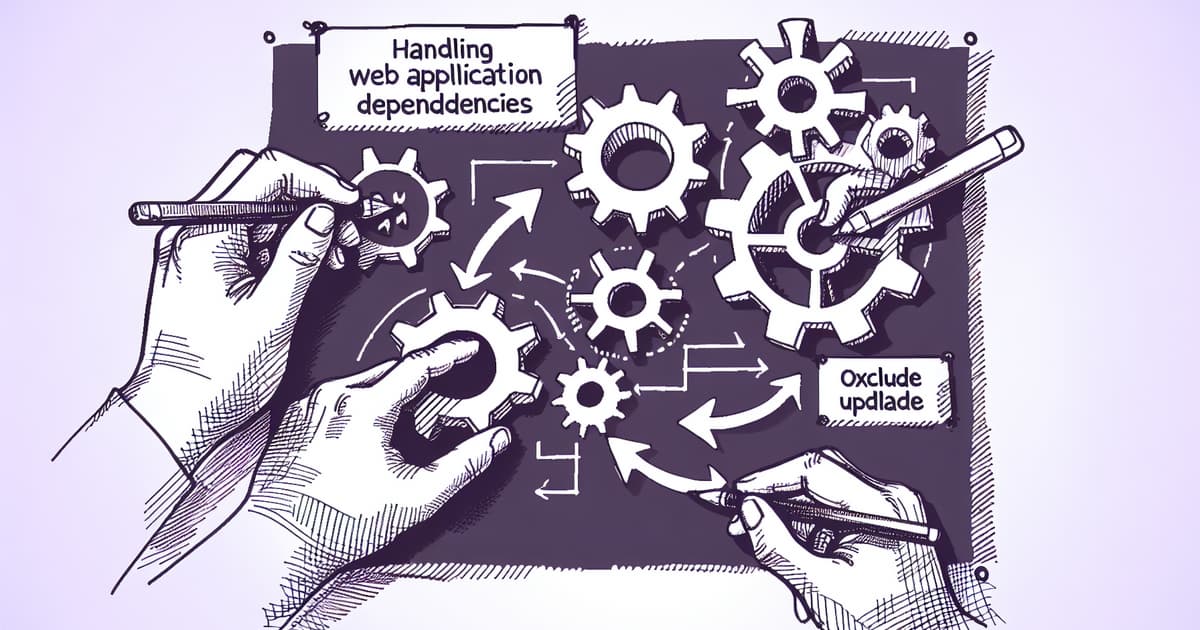
Discussion on Managing Dependencies in Elixir Web Applications
In this podcast episode, Allen Wyma and Sascha Wolf join as hosts to explore best practices for updating and managing dependencies in web applications. They share their experiences and strategies for ensuring smooth updates without introducing bugs.

Discussing Debugging Techniques in Elixir with Marcos Ramos
Marcos Ramos talks about debugging and tracing in Erlang and Elixir.

Panel Discussion on Utilizing Elixir in Projects
Hosts Adi Iyengar, Allen Wyma, and Sascha Wolf share insights on their recent Elixir projects, challenges, and discoveries.
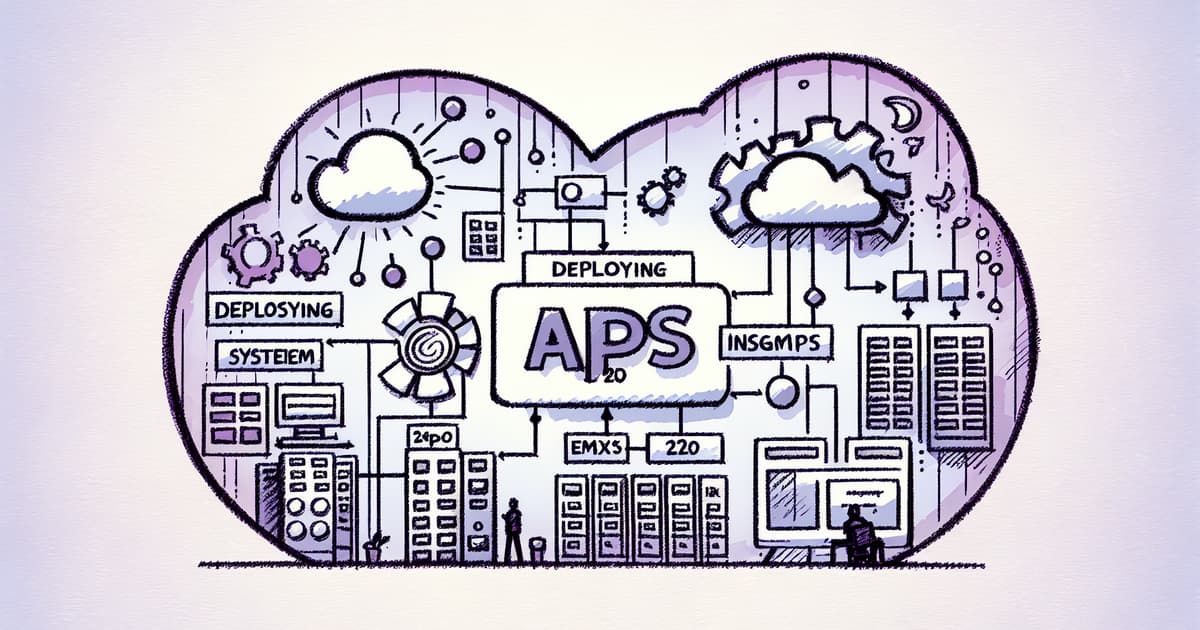
Deploying Elixir Applications with MRSK
Richard Taylor, the CTO at Dizzie, discusses his article on multi-cloud deployment for Elixir and Phoenix applications using MRSK.

Discussion on Scalable Elixir Application Structure
Adi Iyengar, Allen Wyma, and Sascha Wolf join this week's panelist episode to explore engineering approaches for startups and the ongoing debate of whether software engineering is really 'engineering'. They discuss building a large Elixir application with separate bounded contexts responsible for their supervision trees, highlighting the benefits and challenges of this approach and its balance between practicality and future-proofing. Topics ranged from microservices to new programming languages and patterns, offering insights valuable for developers at any level.

Elixir Developer Experiences and AI in Elixir
In this episode of 'Elixir Mix,' the panelists Adi Iyengar, Allen Wyma, and Sascha Wolf discuss their recent experiences and challenges while working on Elixir projects and the value of AI in the Elixir ecosystem.

Comparing Garbage Collection Strategies in Erlang and JVM/Akka
In this episode of Elixir Wizards, the host Dan Ivovich talks with guests Manuel Rubio and Dan Plyukhin about the intricacies and comparisons of garbage collection in Erlang compared to JVM/Akka.

Building Multilingual and Culturally Inclusive Applications with Elixir
Petrus Janse van Rensburg presented on using gettext and the Common Locale Data Repository (CLDR) within Elixir to create user interfaces that cater to a globally diverse audience.

Understanding Erlang's 'let it crash' philosophy
Adolfo Neto discusses the 'let it crash' philosophy in Erlang for handling errors, reflecting on the ideas of Joe Armstrong, one of the creators of Erlang.

Building CLI Applications with Elixir – A Comprehensive Guide
Brewing Elixir provides an overview of command-line interface (CLI) applications and the options for building them in Elixir.

Understanding unique_index Use in Elixir for Business Logic
Herminio Torres explains how to efficiently use unique_index in Ecto schemas to enforce business logic constraints for ticket purchases in Elixir applications.

Efficiency of Plug.Conn.send_file/5 in Elixir
Lucas Sifoni examines the efficiency of the Plug.Conn.send_file/5 function in Elixir, clarifying its use of the Linux syscall to send files.

Simplifying BEAM Clustering for Global Distribution
Jason Stiebs explores the advantages of running Elixir and Phoenix applications globally with minimal setup using Fly.io's integrated WireGuard networking for Erlang distribution and clustering.
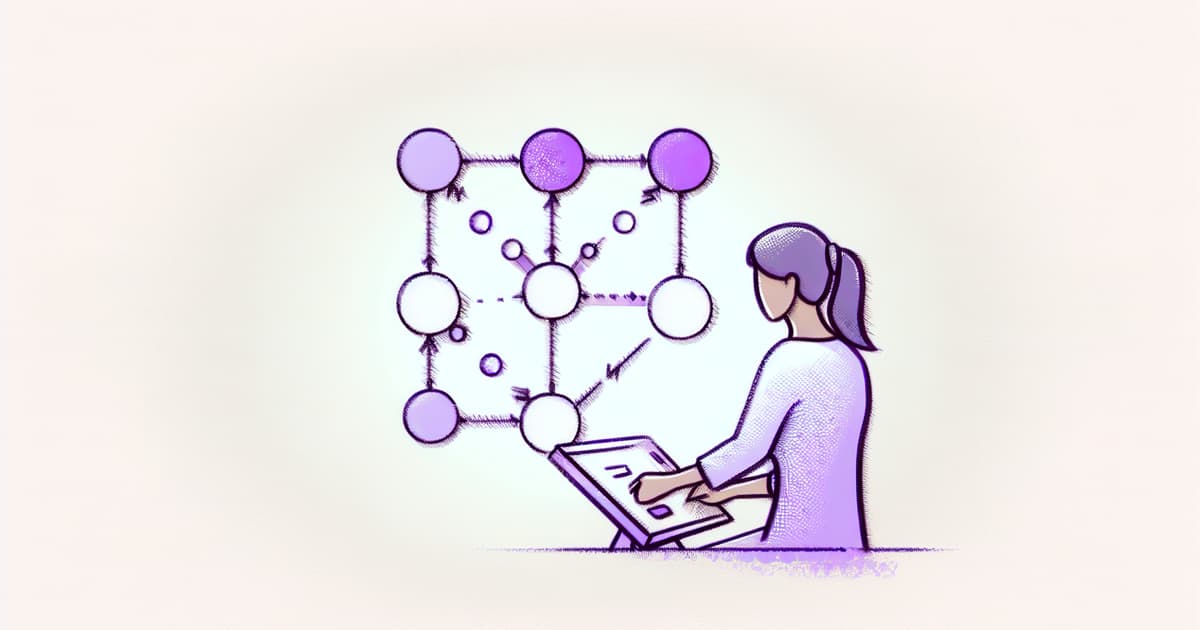
Performance Benchmarking of Distributed Elixir Nodes
Razvan Draghici discusses performance benchmarking in a distributed Erlang and Elixir environment, specifically targeting scenarios with over 200 nodes.

Innovative Software Development with Managed Risk
Stephen Bussey presents on taking calculated risks in software development with a focus on Elixir. He discusses the importance of innovation, risk management, and provides insights into software architecture.
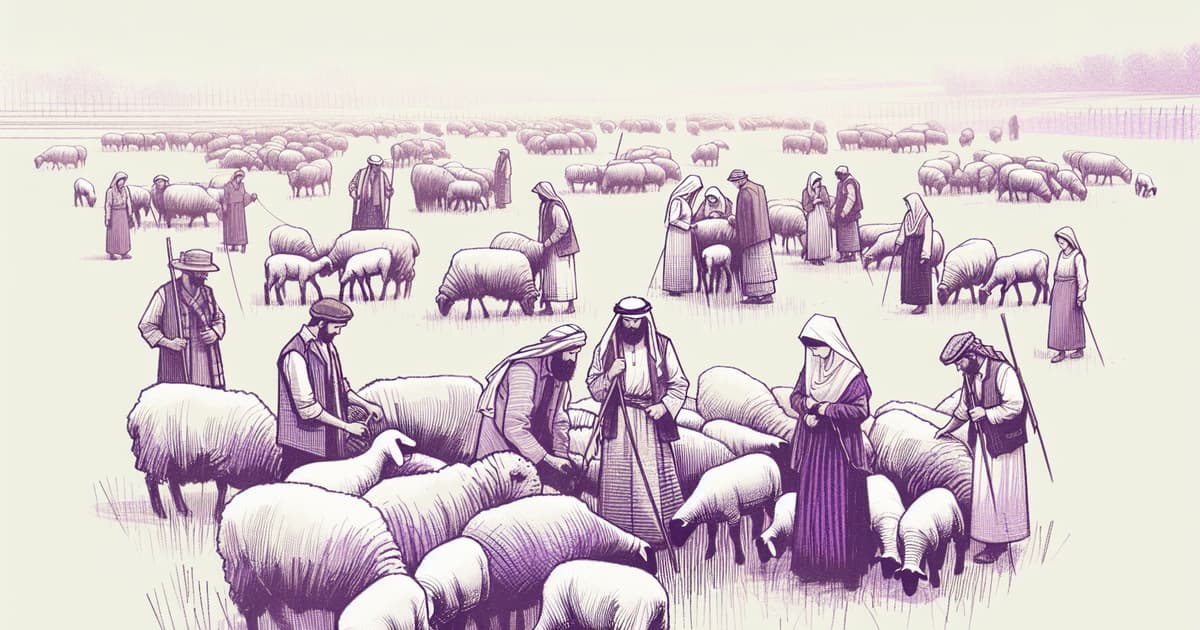
Understanding Code Shepherding in Elixir
Amos King delivers a talk on 'The Importance of Shepherding' at GigCityElixir 2023. He emphasizes the value of shepherding in software development.

Improving Healthcare Outcomes with Elixir's Actor Model
Bryan Hunter discusses HCA's Waterpark, a powerful distributed system built with Elixir, focusing on its development and significant impact on healthcare.
© HashMerge 2025